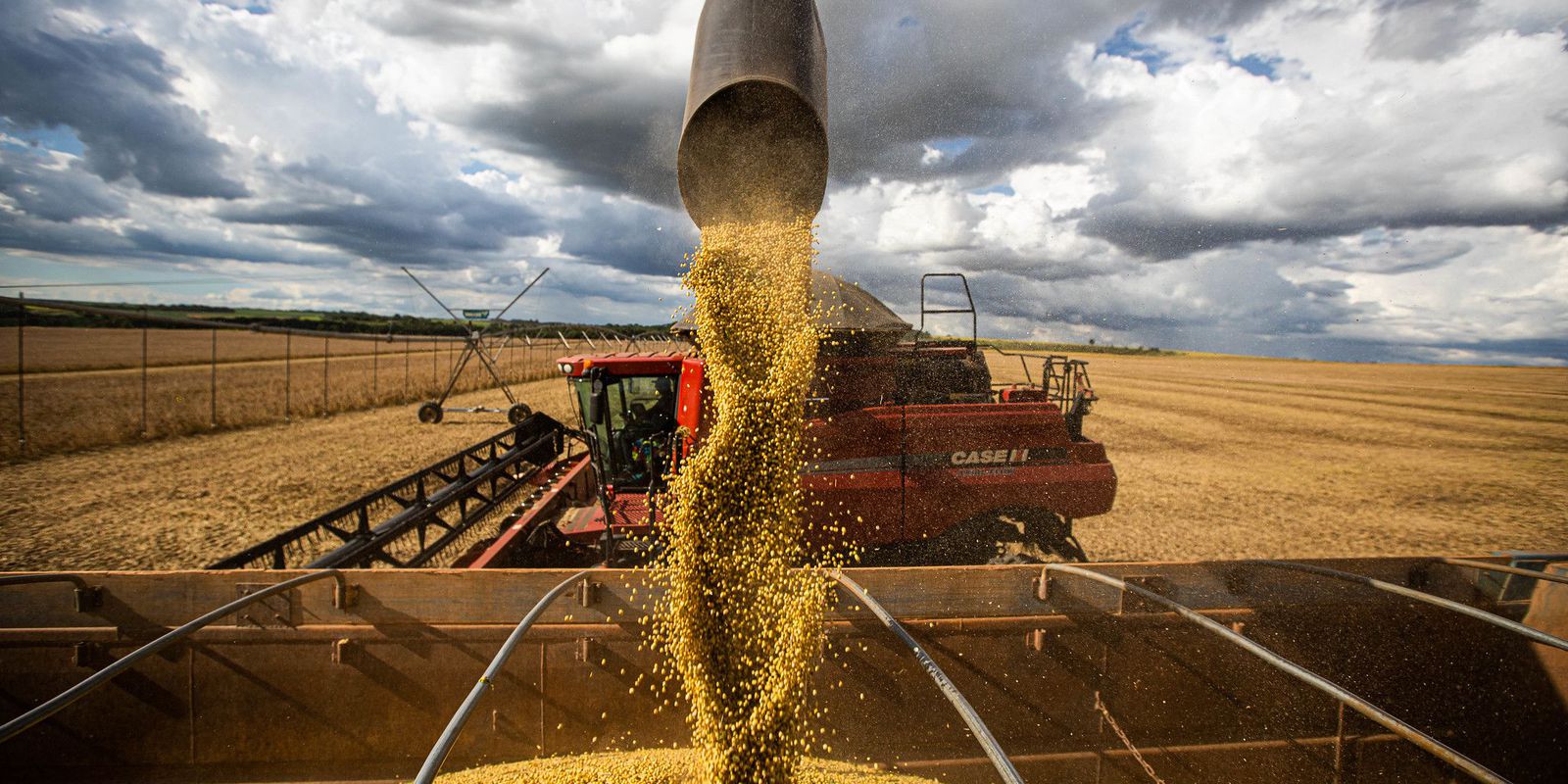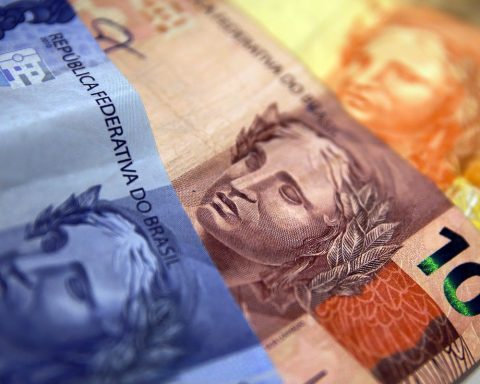Foreign trade in Brazilian agribusiness registered a positive balance of US$ 9.3 billion in the trade balance in February this year. The volume is the result of sector exports, which rose 64.5% in February compared to the same month in 2021 and reached US$ 10.5 billion. Imports also contributed, which reached US$ 1.2 billion, an increase of 2.0% compared to the same month of the previous year.
In the trade balance with products from all sectors, the results indicate a surplus of US$ 4.0 million. The data were released today (23), in Rio de Janeiro, by the Institute of Applied Economic Research (Ipea).
The sharp rise in international prices for the main commodities [mercadorias] of the Brazilian export basket, in part, explains the rise in the value of exports in February, according to Ipea.
“International soybean and corn prices are close to historic highs. As a result, in February the monthly value of exports was above that recorded in any month of 2019 and 2020”, added the institute.
heated demand
The high values of beef exports in 2022 should be maintained with the high international prices of this product and with the heated demand. On the other hand, pork exports were impacted by the drop in international prices, caused by the reduction in imports from China, a country where this herd has been recovering.
In February, there was a 48% decrease in Brazilian pork shipments to China compared to February 2021. “The drop was partially offset by the other destinations, however, it closed with an exported volume 12.7% lower than last February” , explained IPEA.
After continuous monthly declines between July 2021 and January 2022, coffee had an increase in exported quantities. It was precisely exports that helped to contain the price appreciation bias that had lasted since the end of last year. This scenario was impacted with the beginning of the war between Russia and Ukraine.
Ten of the fifteen products monitored by the conjuncture group also showed an increase in the amount exported, in addition to an increase in the value of most of the commodities exported.
The soybean and beef complex was the main contribution to the performance of February, with the biggest changes in relation to February 2021: soybeans in grains (137.0%), soybean meal (52.8%), soybeans (30.0%) and beef (42.0%). However, the expected drop in production for the current crop estimated by the Institute of Geography and Statistics (IBGE) and the National Supply Company (Conab) should affect the exported amount of the product and its derivatives in 2022.
The highlight of the 2.0% growth in agribusiness imports in February was wheat, the main product in the basket, with an increase of 10.9% in quantity and 26.5% in value.
“The rise in international grain prices has been observed after the beginning of the conflict between Russia and Ukraine, two of the largest exporters of the product. Even with the estimated growth of 2.6% in Brazilian production estimated by Conab, domestic demand will continue to be not met by national production and, therefore, uncertainties regarding the production and global marketing of the product will have consequences for the Brazilian domestic market. this year, mainly in products that use wheat as an input, such as bread and pasta”, informed Ipea.
Climate changes
He added that two factors have contributed to significant changes in world trade in commodities. One of them is climate change and other phenomena such as La Niña [resfriamento anormal das águas superficiais do Oceano Pacífico] and the droughts that mainly impacted the production of grains, sugar, coffee and animal protein. The other reason is related to uncertainty about the supply of various products compromised by the war between Russia and Ukraine.
Also according to IPEA, countries around the conflict, such as Bulgaria and Hungary, reduced or suspended grain exports as a result of the risk of internal shortages. But the prices of energy assets, metals and grains rose sharply in March. Meanwhile, sugar, coffee, cocoa and even beef, considered soft commodities“interrupted the sequence of highs, reverting to a fall due to their lower essentiality in a scenario of conflicts”, he concluded.
















